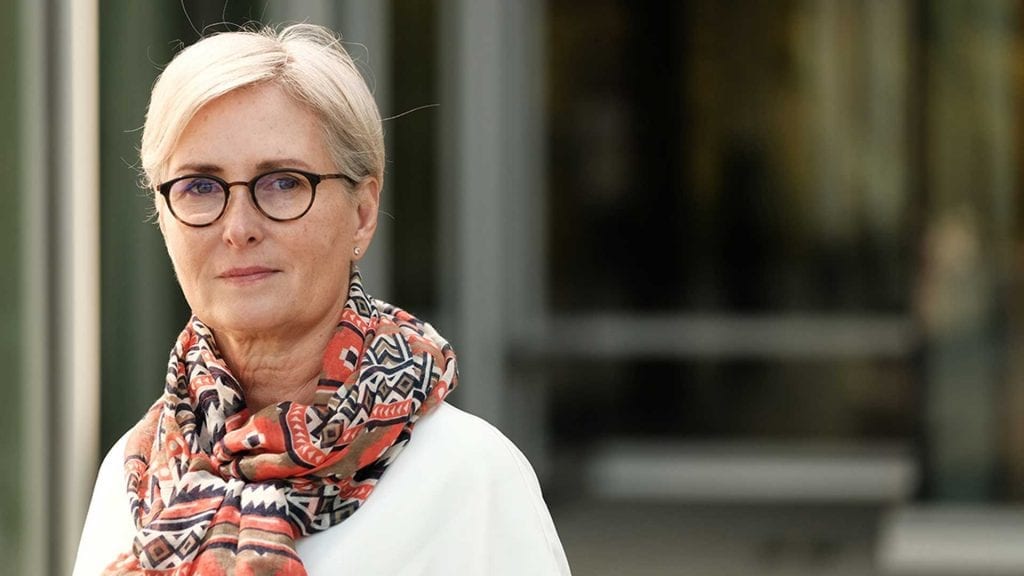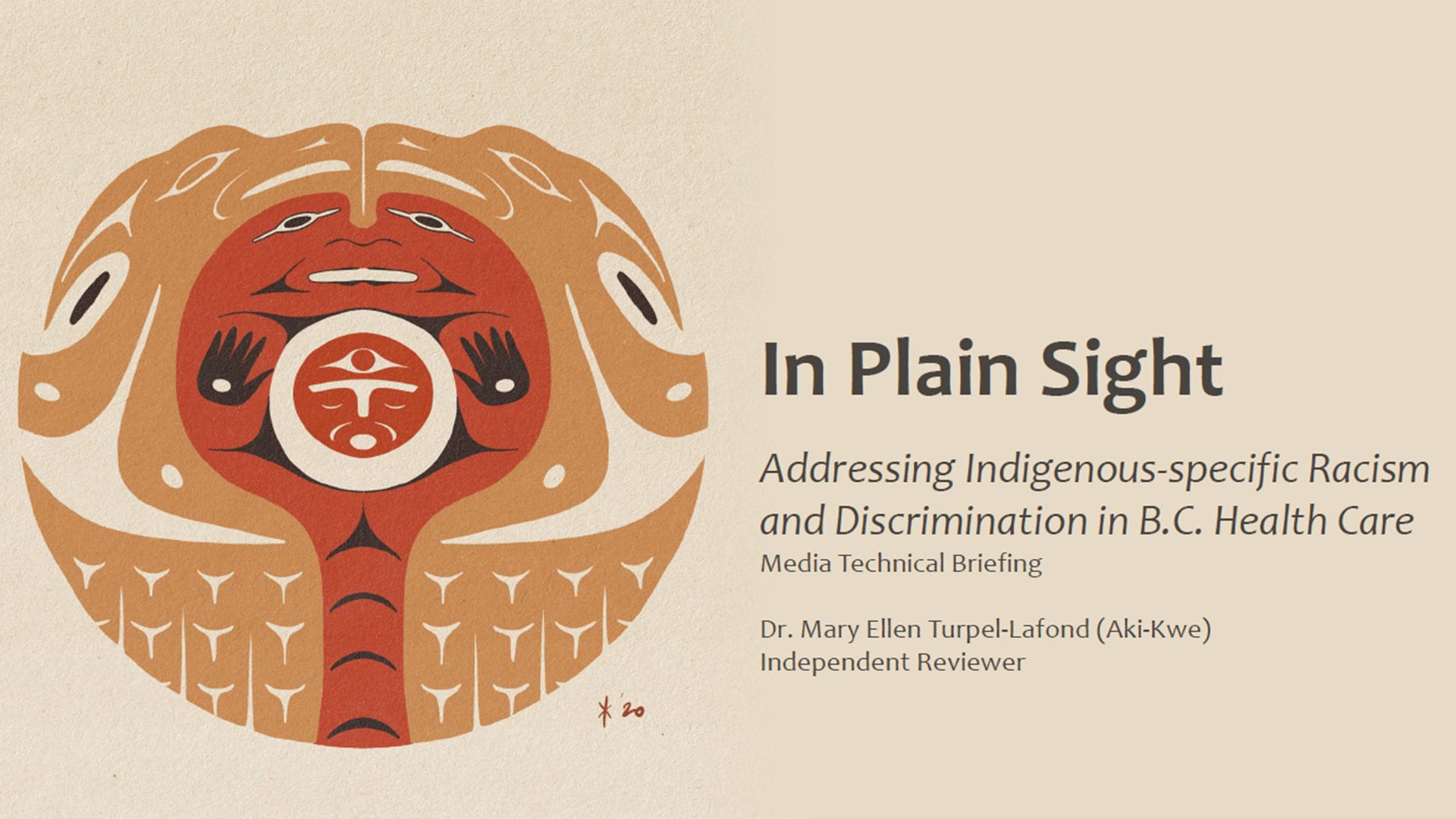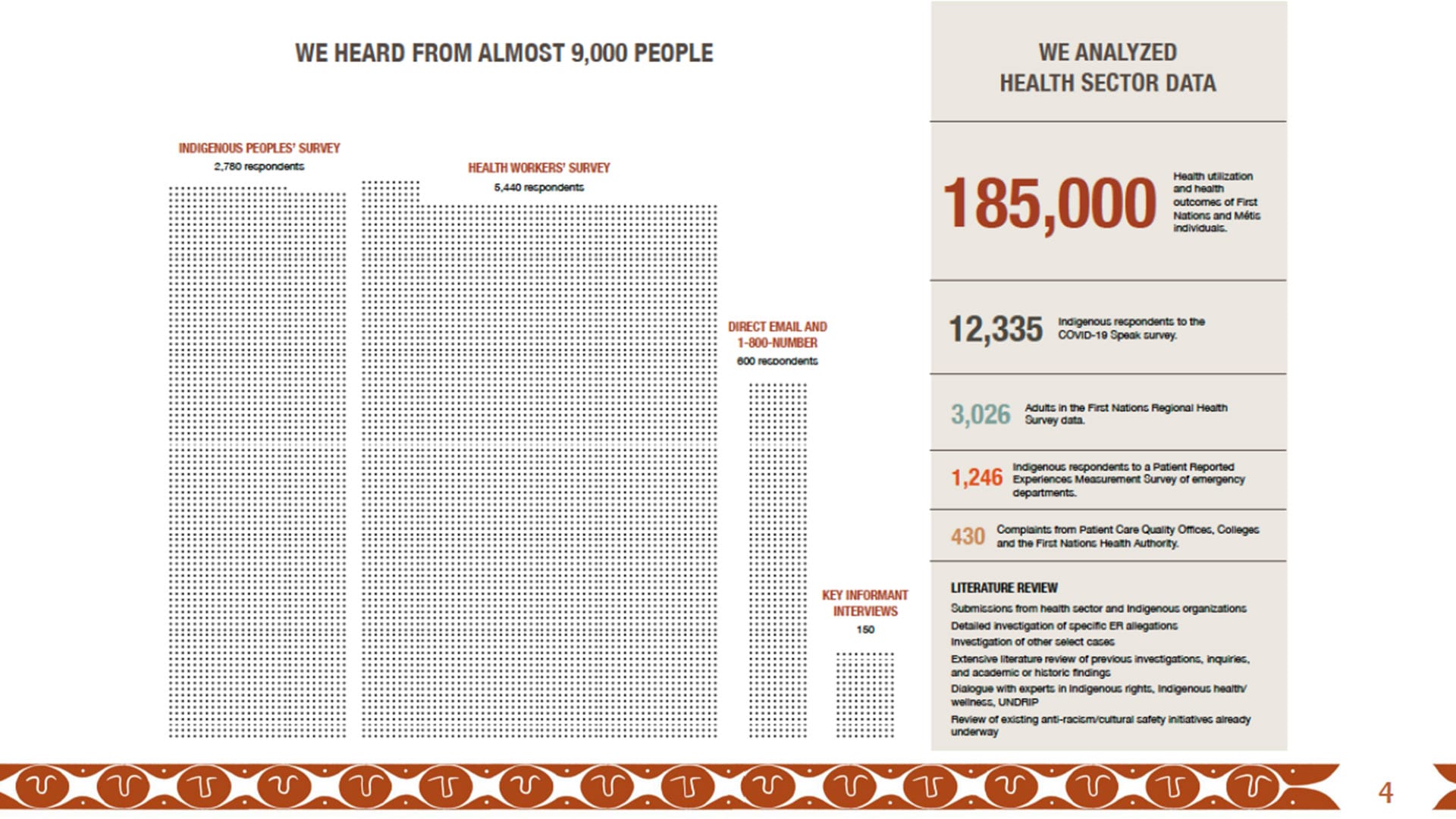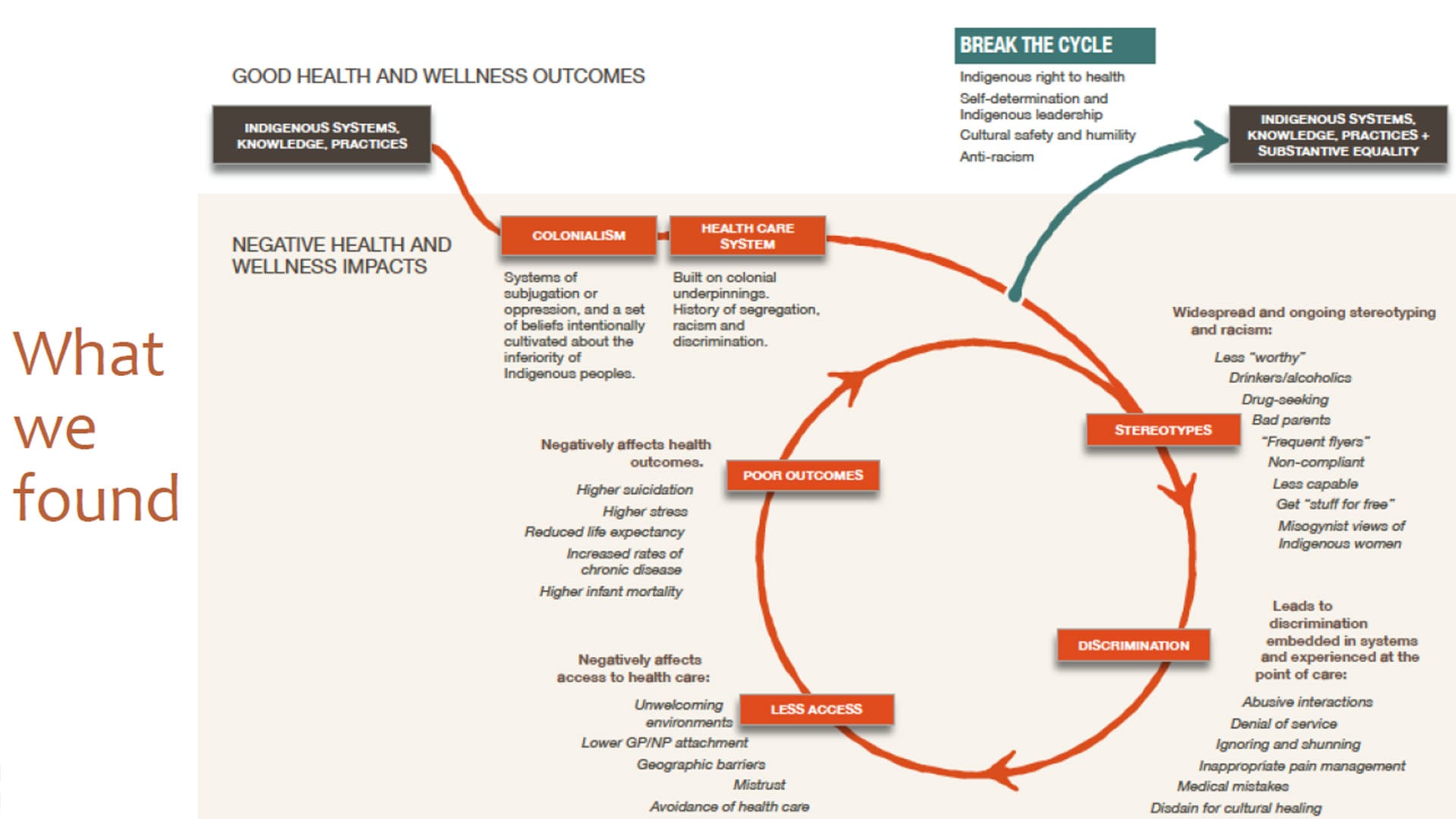
Lawyer Mary Ellen Turpel-Lafonde most "likely" has Indigenous ancesty, according to a DNA test. Photo: APTN News
An independent investigation by an Indigenous lawyer found no proof healthcare staff play a “game” to guess the blood-alcohol level of Indigenous patients admitted to emergency rooms.
But the team led by Mary Ellen Turpel-Lafond did find racial profiling of Indigenous, Metis and Inuit people when they access healthcare services in British Columbia.
“There is widespread stereotyping, racism and profiling of Indigenous people,” said the In Plain Sight report into Indigenous-specific racism in B.C. healthcare released Monday.
“Racism limits access to medical treatment and negatively affects the health and wellness of Indigenous peoples in B.C.”
The probe, which began in June after allegations emergency room staff were guessing test results before they were confirmed of Indigenous people and perhaps others, heard from about 9,000 people inside and outside the healthcare system.

“The review found no evidence to substantiate the allegations that the ‘Price is Right’ game was being played in B.C. hospital emergency departments, and if such games did occur in the past, they are not occurring today,” it said.
“There are episodic, anecdotal reports that resemble these allegations, none could be described as prevalent, widespread or targeting only Indigenous patients.”
In fact, the report said “guessing by medical professionals of various patient levels, including blood alcohol”, is routine and may be clinically appropriate.
“Although the review does find extensive profiling of Indigenous patients based on stereotypes about addictions.”
Among other things, it found “current education and training programs” are inadequate and “complaints processes” aren’t working for Indigenous peoples.

It also found “Indigenous health practices and knowledge” aren’t integrated into the healthcare system.
“Indigenous structures and roles in health decision-making need to be strengthened,” it added. “There is no accountability for eliminating Indigenous-specific racism, including system-wide data and monitoring of progress.”
The review noted “a lack of cultural safety and hundreds of examples of prejudice and racism” throughout the entire B.C. healthcare system.
“It doesn’t mean every Indigenous person who gets health care will experience direct or indirect racism,” it said, “but it does mean that any Indigenous person could experience it – anywhere in the system.”

The report makes 24 “human rights-based” recommendations: 10 to improve systems, 9 to change behaviours, and four to update beliefs.
The last one advises the B.C. health ministry to appoint a team to implement the recommendations.
It promised to release its data in December.










